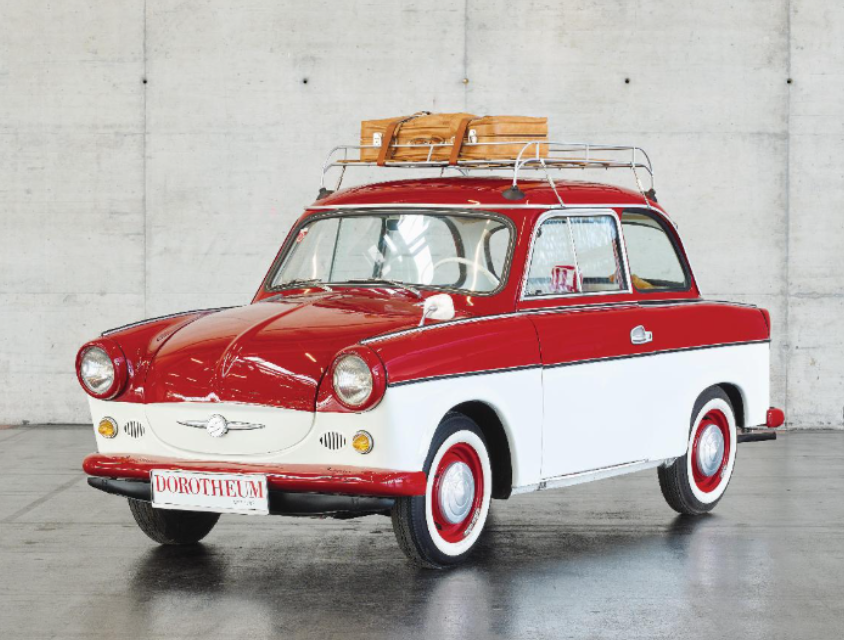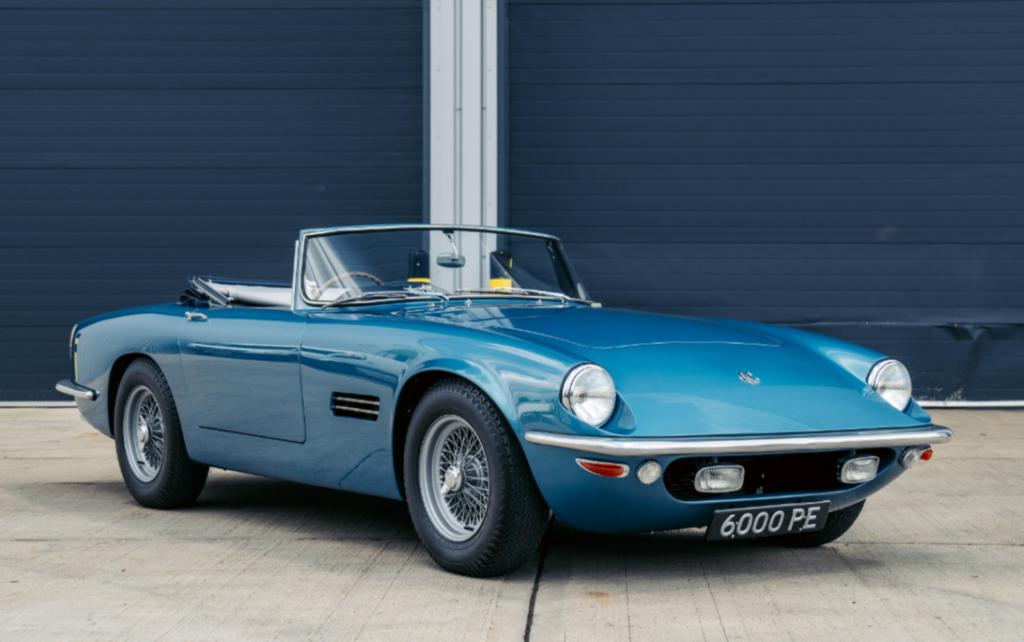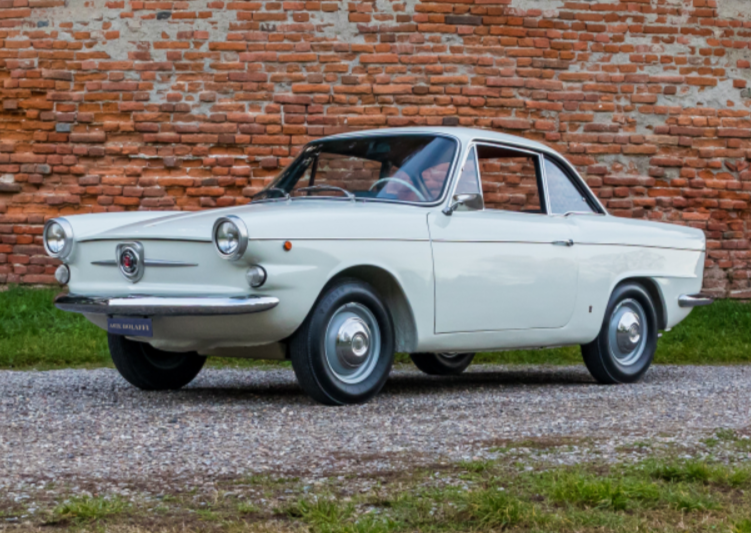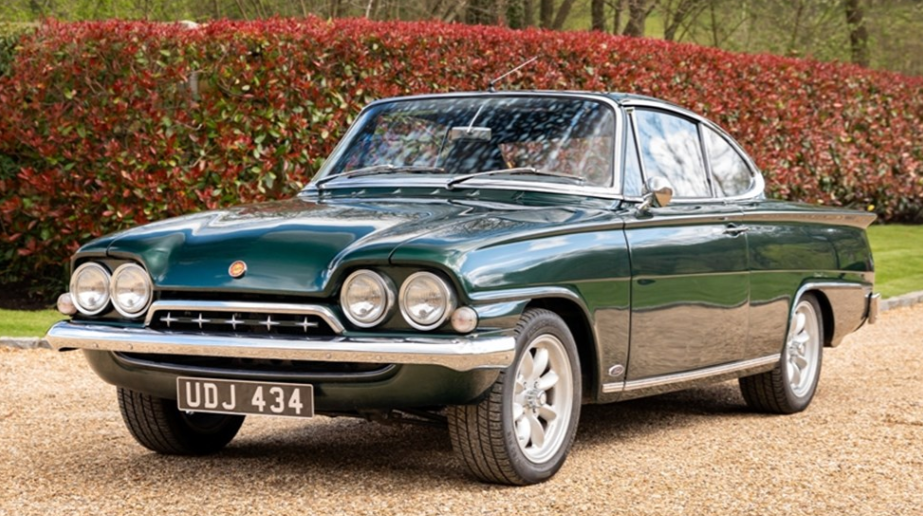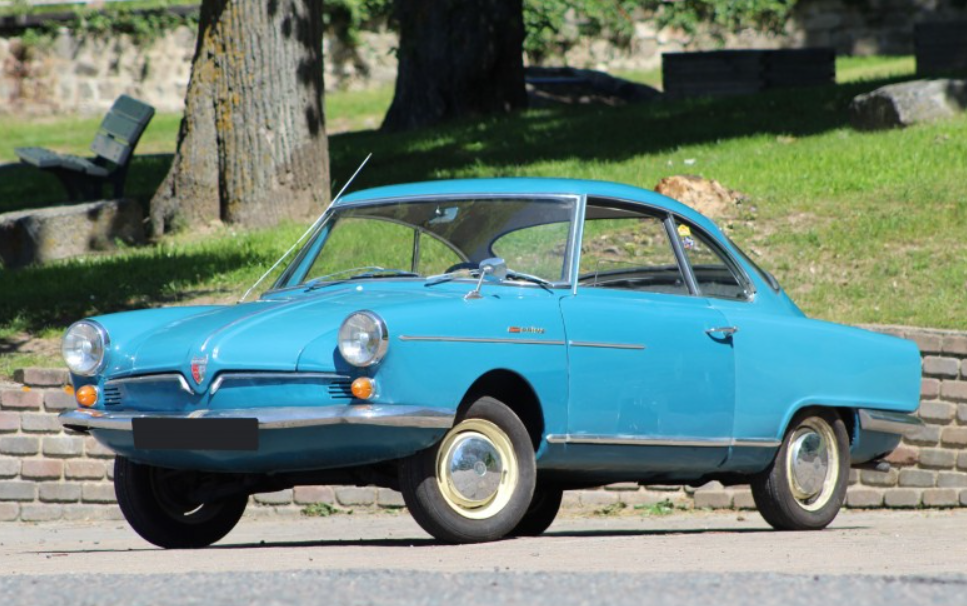1963 OSCA 1600 GT2 Cabriolet by Fissore
Offered by Bonhams | Monaco | May 2024

OSCA was founded by the Maserati brothers and produced some pretty cool cars during its short existence between 1947 and 1967. Around 1960 they introduced the 1600, which was a home-grown car powered by OSCA’s own 1.6-liter version of Lampredi’s Fiat inline-four.
Between 1960 and 1963, the company would build just 128 1600 GT models. This is one of only three cabriolets, and only two of those three had a tubular chassis. In this car, the OSCA inline-four made 105 horsepower.
This car was on Fissore’s stand at the 1963 Turin Motor Show, and it spent decades at a time across multiple collections in the U.S. and Europe. It now carries an estimate of $370,000-$430,000. More info can be found here.


